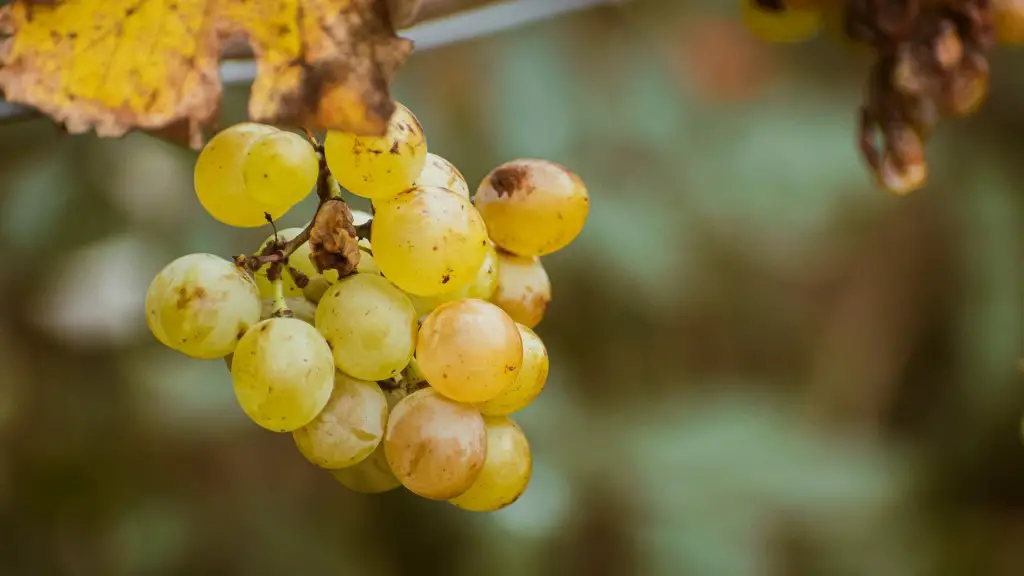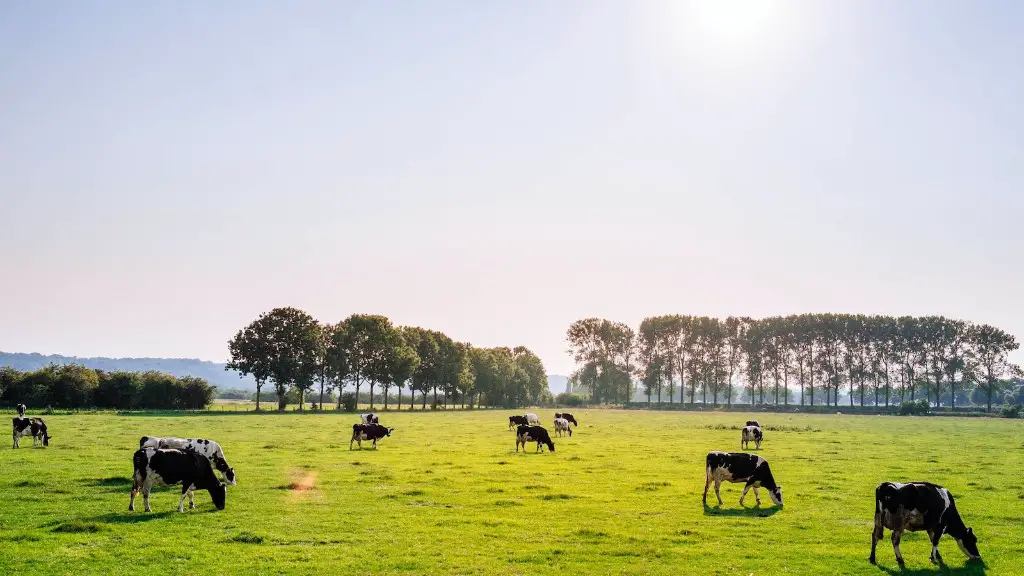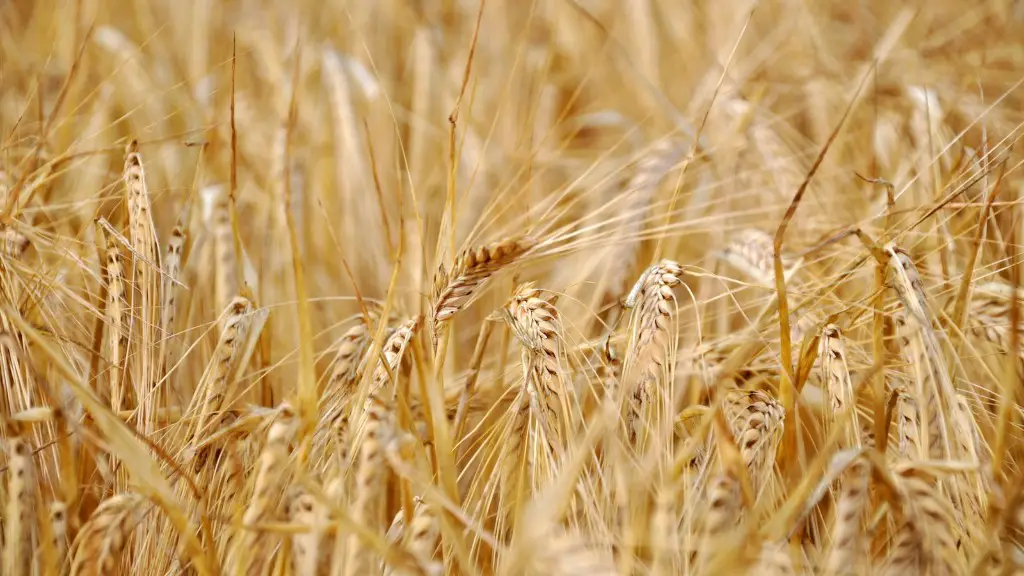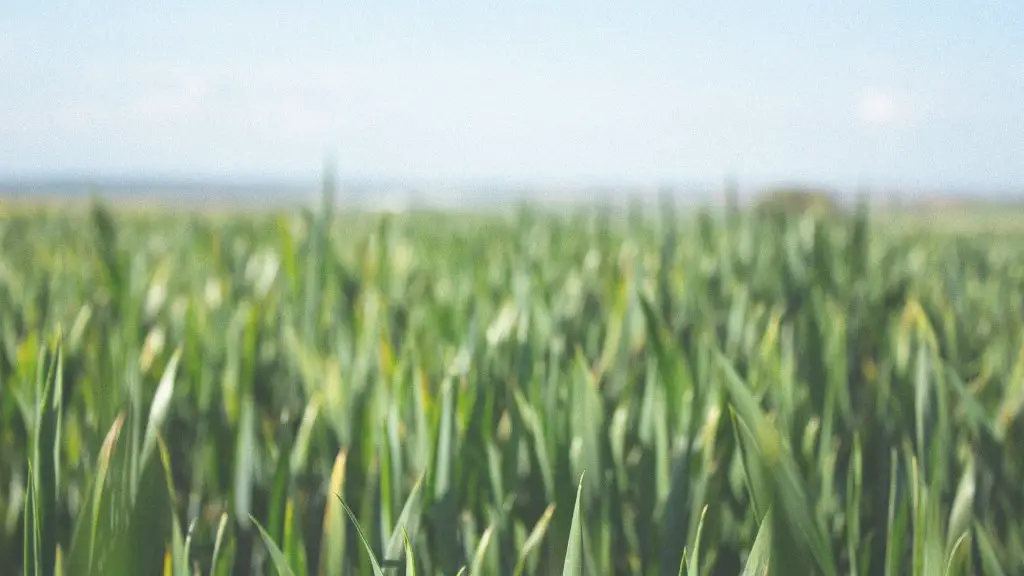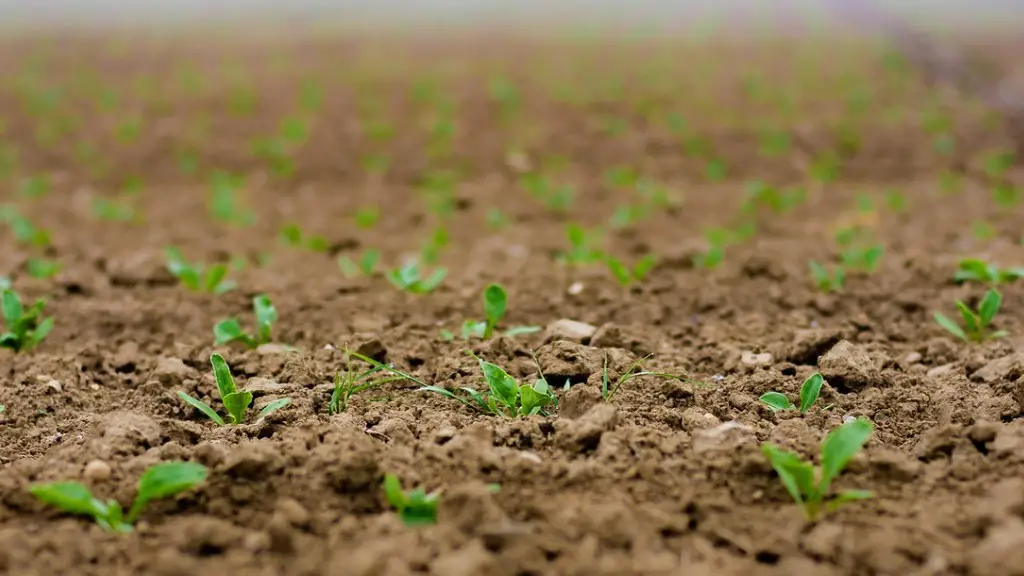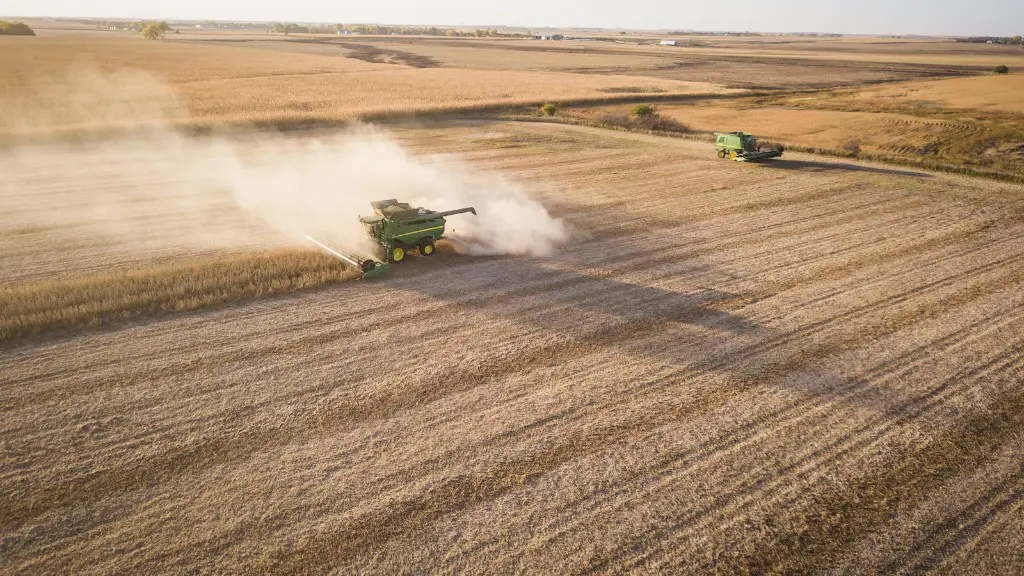Organic agriculture has been gaining in popularity in recent years as more and more people become concerned about the impact of conventional farming practices on the environment. But can organic agriculture really feed the world?
There are some who argue that organic agriculture is not productive enough to meet the demand for food, especially as the world population continues to grow. They point to the fact that organic farms are typically smaller than conventional farms, and that they yield less per acre.
Others contend that organic agriculture can indeed feed the world, but that it will require a major shift in how we produce and consume food. They point out that organic farms are more efficient in their use of resources, and that they can actually produce more food per acre than conventional farms when managed properly.
The truth is that there is no easy answer to this question. It depends on a number of factors, including the type of organic system being used, the climate, and the level of technology and management. What is certain is that organic agriculture is a viable option for feeding the world, and that it offers many benefits over conventional farming practices.
In short, no. Organic agriculture cannot feed the world. The world population is growing and demand for food is increasing, while the amount of land available for farming is decreasing. Organic farming methods are simply not efficient enough to produce the amount of food needed to feed the world.
Why can’t organic farmers feed the world?
The majority of organic crops depend on imported nitrogen, which is derived from artificial fertilizers used to grow crops to feed animals on conventional farms. This happens because the animals on these farms need to eat food that contains nitrogen in order to survive, and the only way to get this nitrogen is by using artificial fertilizers.
Norman Borlaug’s statement that without agricultural chemicals, the world population will starve is an exaggeration. There are thousands of modern, high-yielding farms that use no agricultural chemicals. These farms use more efficient irrigation and tillage practices, and have better crop rotations. They also use more resistant varieties of crops.
Is organic farming better for the planet
Organic farming is better for the environment in many ways. Its practices involve less pollution, soil erosion, and energy use. Also, eliminating the use of pesticides in farming benefits nearby birds and animals and people who live close to farms.
Organic agriculture has the potential to feed the world. However, meta-analyses have found that organic agriculture, on average, tends to produce yields of roughly 80% of those of conventional agriculture. This means that organic agriculture would need to be significantly increased in order to meet the demand of the world’s population.
Can the world survive on organic food?
The world’s population is growing, and we need to find ways to feed everyone while conserving and regenerating resources. Organic farming is one way to do this. Organic farming uses fewer chemicals and doesn’t pollute the environment as much as traditional farming methods. Plus, organic food is healthy! We can feed the world with organic farming methods, and we should start doing so now.
Organic farmers in the US face a number of challenges that can impact their yields and quality of produce. soil nutrients can be difficult to maintain at high levels, and organic farmers may have difficulty accessing the market or getting proper certifications.
What would happen if everyone went organic?
The study, published in the journal Science, found that if the world were to convert 3.5 billion hectares of land currently used for conventional farming to organic—a move that would mirror the recent boom in organic food production and sales—it would require up to a 78% increase in the world’s arable land.
With the world’s population projected to reach 9.8 billion by 2050, the study’s authors say that the world would need to make a “fundamental shift” in how it produces food to make an all-organic diet a reality.
There are a few potential solutions to this problem. One would be to increase the efficiency of organic farms so that they require less land to produce the same amount of food. Another would be to change our diets so that we eat less meat and more plant-based foods, which require less land to produce.
Ultimately, it will likely be a combination of these solutions that allows us to feed the world’s growing population without needing to convert all of our farmland to organic. But it’s clear that if we want to eat organic food on a global scale, we need to start making some changes.
In a perfect world, we could use Esri’s estimate of food waste to supply 9 billion metric tons of food a year. This would be 24 times as much as we need to feed every person on the planet. Corn is harvested with a combine in Princeton, Illinois.
Are we allowed to feed everyone on planet
There are several steps that are being taken to ensure that everyone, worldwide, receives sufficient food. One step is providing financial and technical assistance to farmers and food producers. Another step is improving access to markets so that farmers and food producers can sell their food. Additionally, efforts are being made to improve storage and transportation infrastructure so that food can be more easily distributed to those who need it.
Organic farming is one of the most effective ways to reduce greenhouse gases. By prohibit the use of fossil fuel-based fertilizers and most synthetic pesticides, organic farming can significantly lower its carbon footprint. The production of these farm chemicals are energy intensive, and organic farming can help reduce this demand for energy.
What are 2 cons of organic farming?
Organic farming has a number of disadvantages that make it more expensive and less efficient than conventional farming. For one, farmers get less out of their land when they grow organic food. This is because they cannot use synthetic fertilizers or pesticides, which means they have to rely on natural methods that are often less effective. Additionally, organic farmers need more workers to grow and harvest their crops, which raises production costs. Finally, organic food is produced in smaller amounts, which makes marketing and distribution more difficult and less efficient.
According to the latest data (2020-21), the total production of organic fertilizers in India is 24,945,231 metric tonnes. Out of this, Andhra Pradesh contributes the most with 2,119,523 metric tonnes, followed by Arunachal Pradesh (1,045,231 metric tonnes) and Assam (945,231 metric tonnes).
What is the role of organic agriculture in feeding the world
Organic agriculture can help to increase resistance to pests and diseases, which is crucial to building food security. Recent analysis suggests that organic farming offers a way to reduce the use of synthetic pesticides for the management of animal pests and pathogens without increasing their levels of infestation.
organic farming uses fewer pesticides, reduces soil erosion, decreases nitrate leaching into groundwater and surface water, and recycles animal wastes back into the farm.
Is organic farming good for the economy?
Organic agriculture can affect the costs of production in a few different ways. In general, organic farmers rely on resources that are recycled on the farm, and they use management practices rather than purchased fertilizers and pesticides. This approach can significantly reduce some costs of production. Additionally, organic agriculture can often improve soil health and crop yields, which can also reduce costs in the long run.
There are a few reasons against buying organic food. Firstly, it is more expensive than non-organic food. Secondly, many people believe that organic food does not allow the use of any chemicals, when in fact a limited number of chemicals are allowed in organic food production.
Conclusion
It is estimated that organic agriculture can produce enough food to feed the world’s population, with some estimates suggesting that organic agriculture could produce up to 50% more food than conventional methods. However, there are some caveats to this estimate. For example, organic agriculture would require more land to produce the same amount of food as conventional methods, due to lower yields. Additionally, it is unclear how easily organic agriculture could be scaled up to meet the demand of the world’s population.
It is possible that organic agriculture could feed the world, but it would likely require a major overhaul of the current system. It is estimated that organic agriculture could produce enough food to feed about 10 billion people, but it would require a more efficient use of land and a reduction in food waste.
